History
Hempstead, TX History is Rooted in Cultivation.
Fair warning, friends: You don’t wanna crack open a book about Hempstead, TX history unless you’ve got plenty of time to kick back and read up. Our little Texas town has a great big story — and roots that run deep, too. (It’s just one of many things that make the town of Hempstead great!) It would take all day to write it all down. But a handy overview? That, we can do. Read on and learn a little something!
Hempstead, TX History: A Timeline
1820s – 1830s

Watermelon Fields Aplenty
The region’s fertile land and wide-open acreage make it an ideal area for watermelons. Hempstead eventually became known as the watermelon capital of the United States, and was the nation’s largest watermelon shipper until the 1940s.
1800s (Generally)
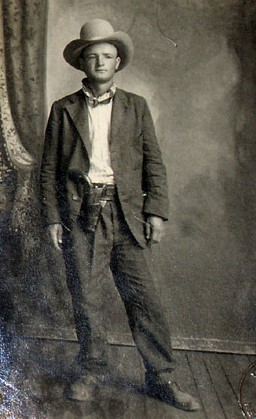
The Town Earns a Nickname
In Texas’ early Wild West days, many folks in Hempstead took the law into their own hands. The prevalent six-shooter pistols many people wore led to the nickname “Six Shooter Junction”.
December 29, 1856
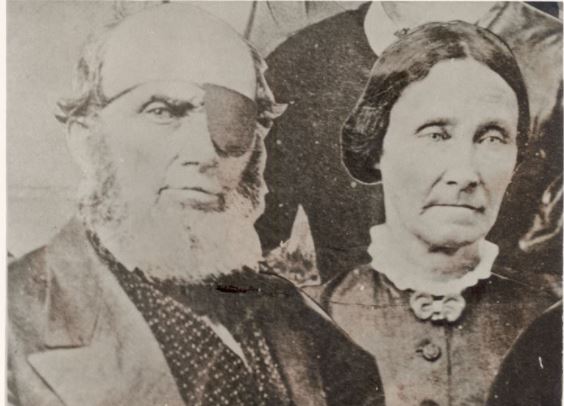
The Literal Lay of the Land
The Hempstead Town Company officially got its start with Dr. Richard Rodgers Peebles and James W. McDade. Its goal? To sell lots of land in the newly established community.
1858
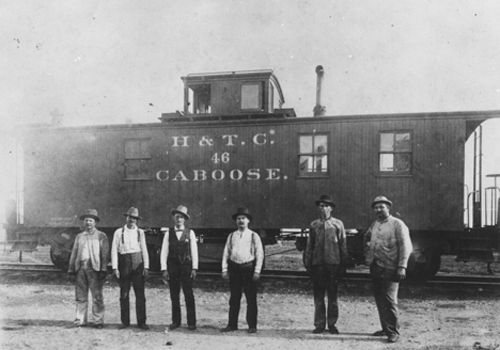
The Railway Makes its Way to Town
The Houston and Texas Central Railway’s expansion into town transforms Hempstead into something of a regional distribution hub.
November 10, 1858
Hempstead Becomes Official
The town was incorporated (for the first time, at least). More on that to come.
1860s
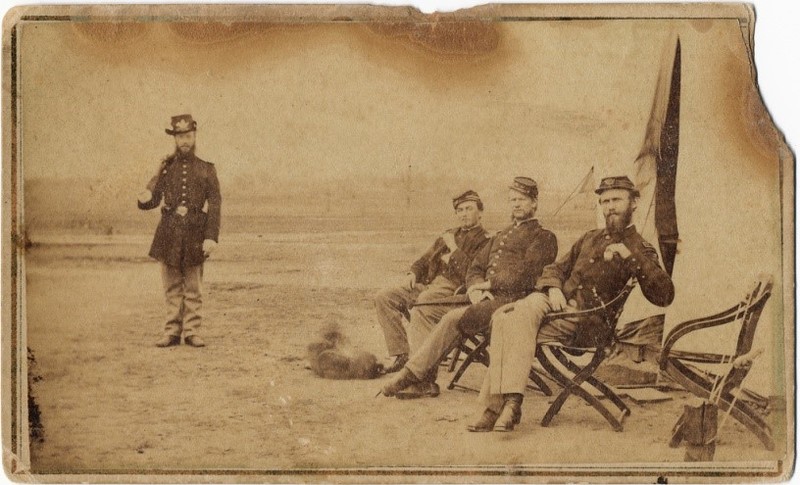
A Civil War-Era Stalwart
Hempstead’s proximity to trustworthy transportation makes it a go-to spot for military personnel. The town housed a military hospital and served as a hub for manufacturing efforts and supplies. Area camps included Camp Carter, Camp Hebert and Major General George A. Custer’s Camp Groce.
1871
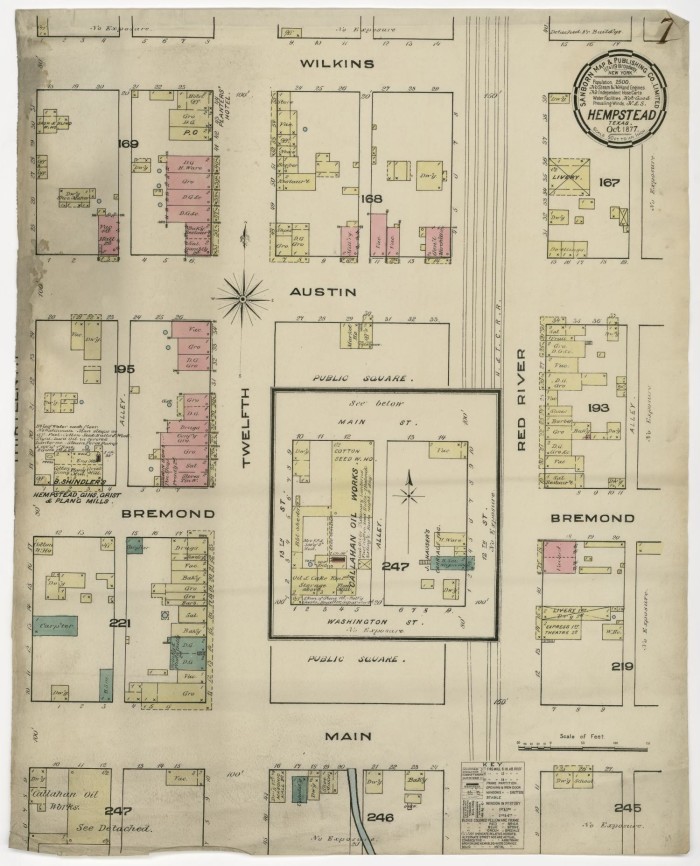
From Town to City
Hempstead is incorporated once more, this time as the City of Hempstead — complete with a mayor and group of aldermen.
May 1873
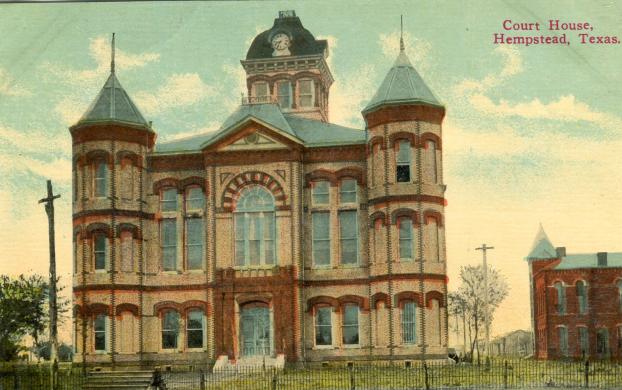
Status as County Seat
Hempstead’s continued growth in areas such as transportation, cotton production and textile manufacturing helps secure the town recognition as Waller county seat.
1880
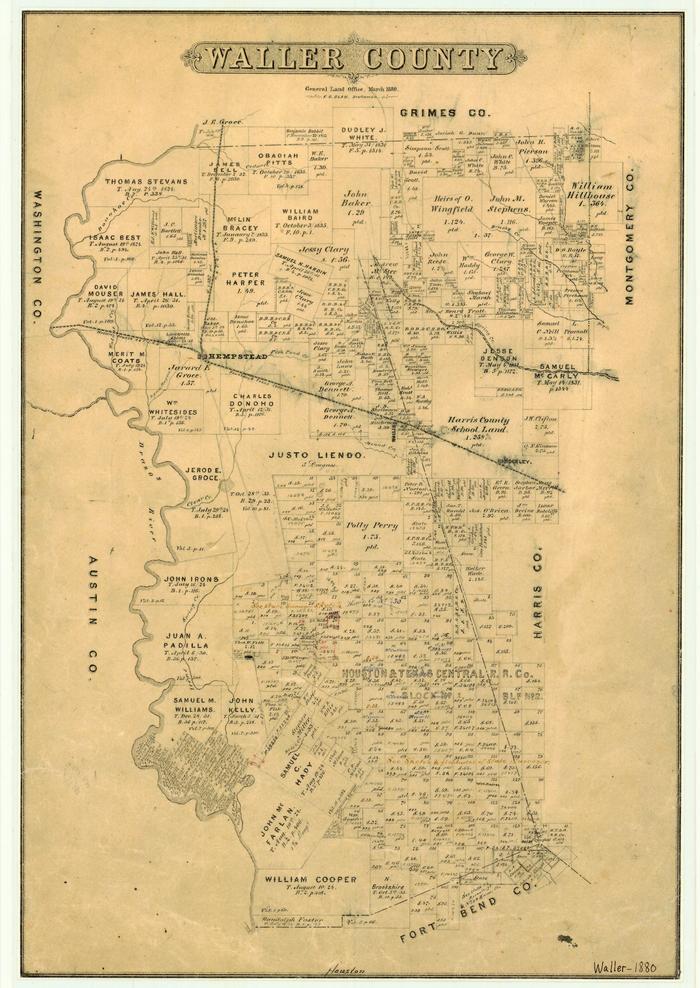
Agriculture on the Rise
The town’s agricultural efforts continue paying off in big ways. In fact, its cottonseed oil mill’s increasing value makes it the second highest in Texas.
1881
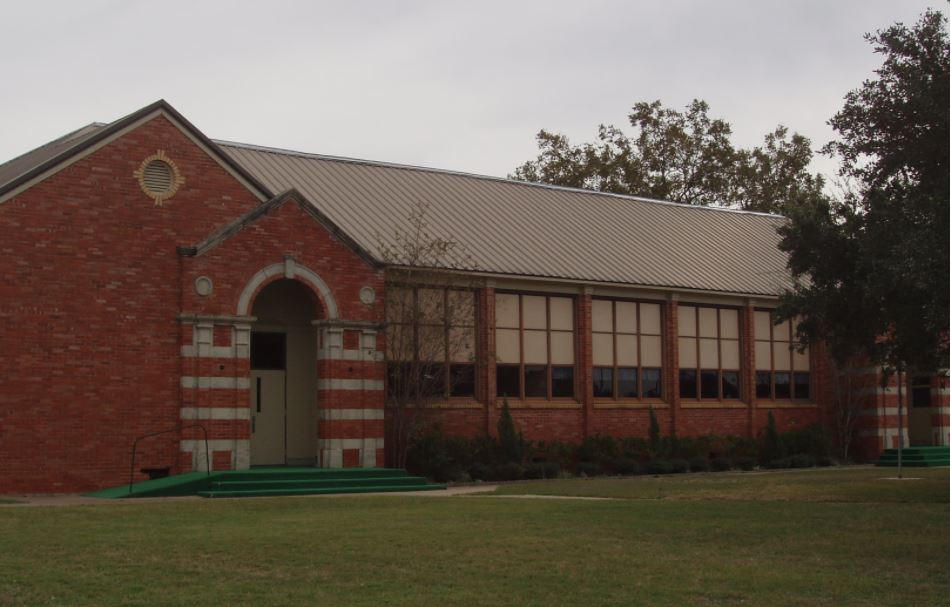
Education Goes Public
The first public school opens in Hempstead. Previously, coursework was taught out of homes, inside the old jail and through a freedmen’s school which operated from 1866 – 1870.
1899
From City to … ?
With a vote of 268 to 43, Hempstead votes to end its incorporation. The measure held through the town’s 1928, 1930 and 1933 election cycles.
June 10, 1935
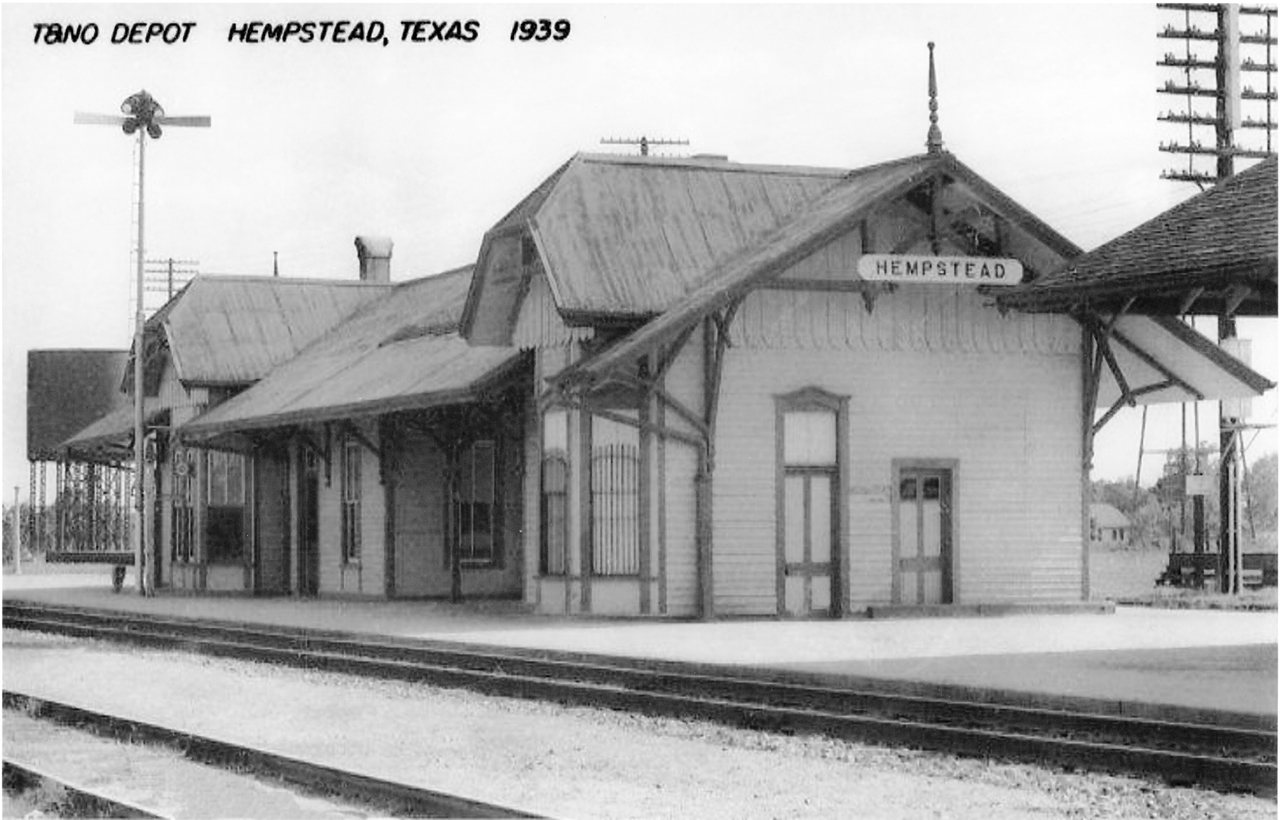
A City Once More
Community members vote to officially reincorporate the City of Hempstead, a measure that remains unchanged to this day.
1990

The Watermelon Festival Makes its Arrival
Hempstead pays homage to his farming past with a festival complete with live music, vendors, juicy watermelon and more. The tradition continues today.
2021
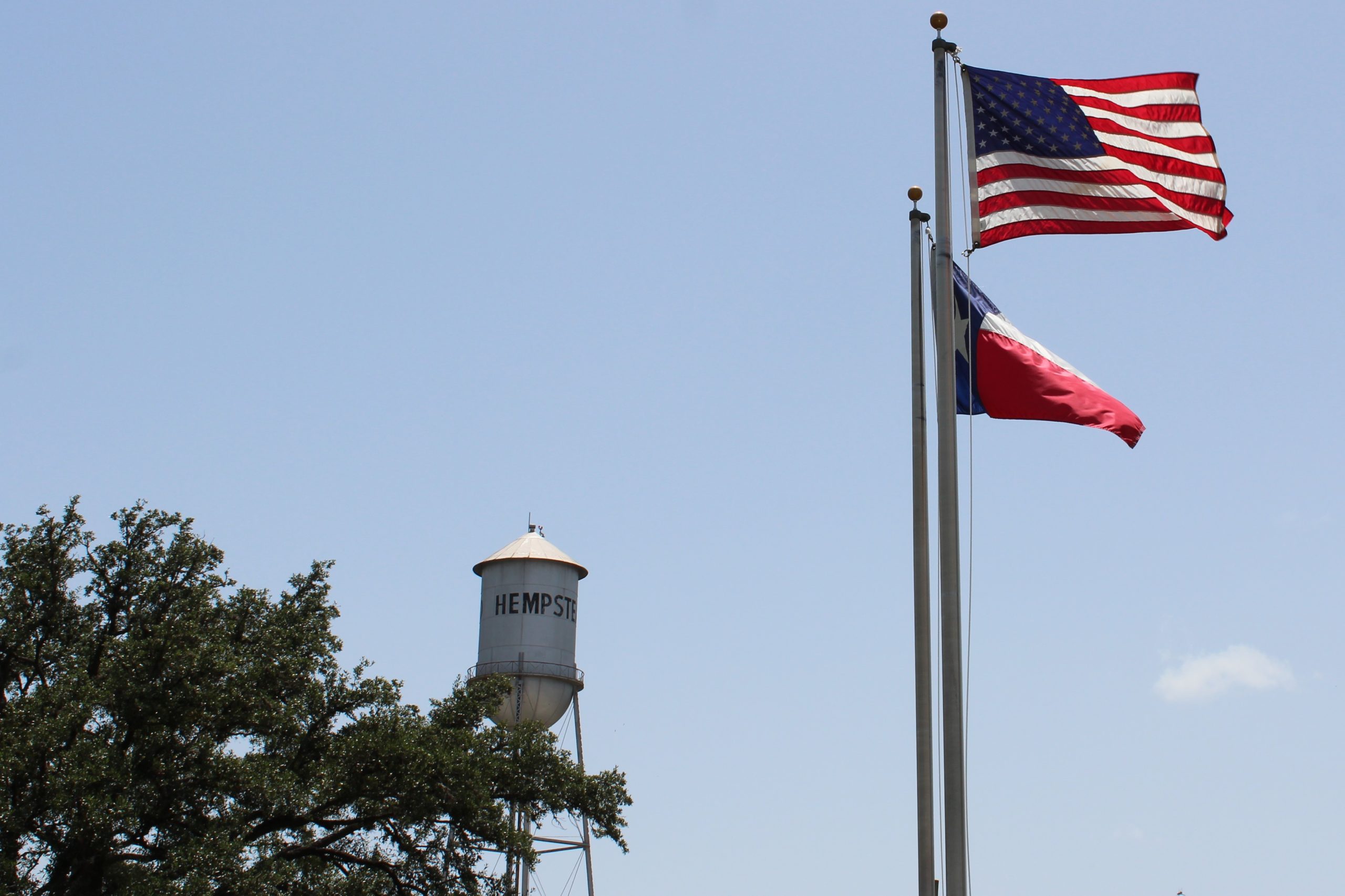
Opportunity Takes Root in Hempstead
The Hempstead Commerce & Civic Association makes its official debut, organizing as a way to support local businesses, foster growth and spread word about all the region offers.
Info and Image Sources: Texas State Historical Association Handbook of Texas, https://easttexashistory.org/files/show/2000, courthousehistory.com, trainboard.com, wallercountyhistory.org, The Waller County Historical Survey Committee’s “A History of Waller County, Texas”
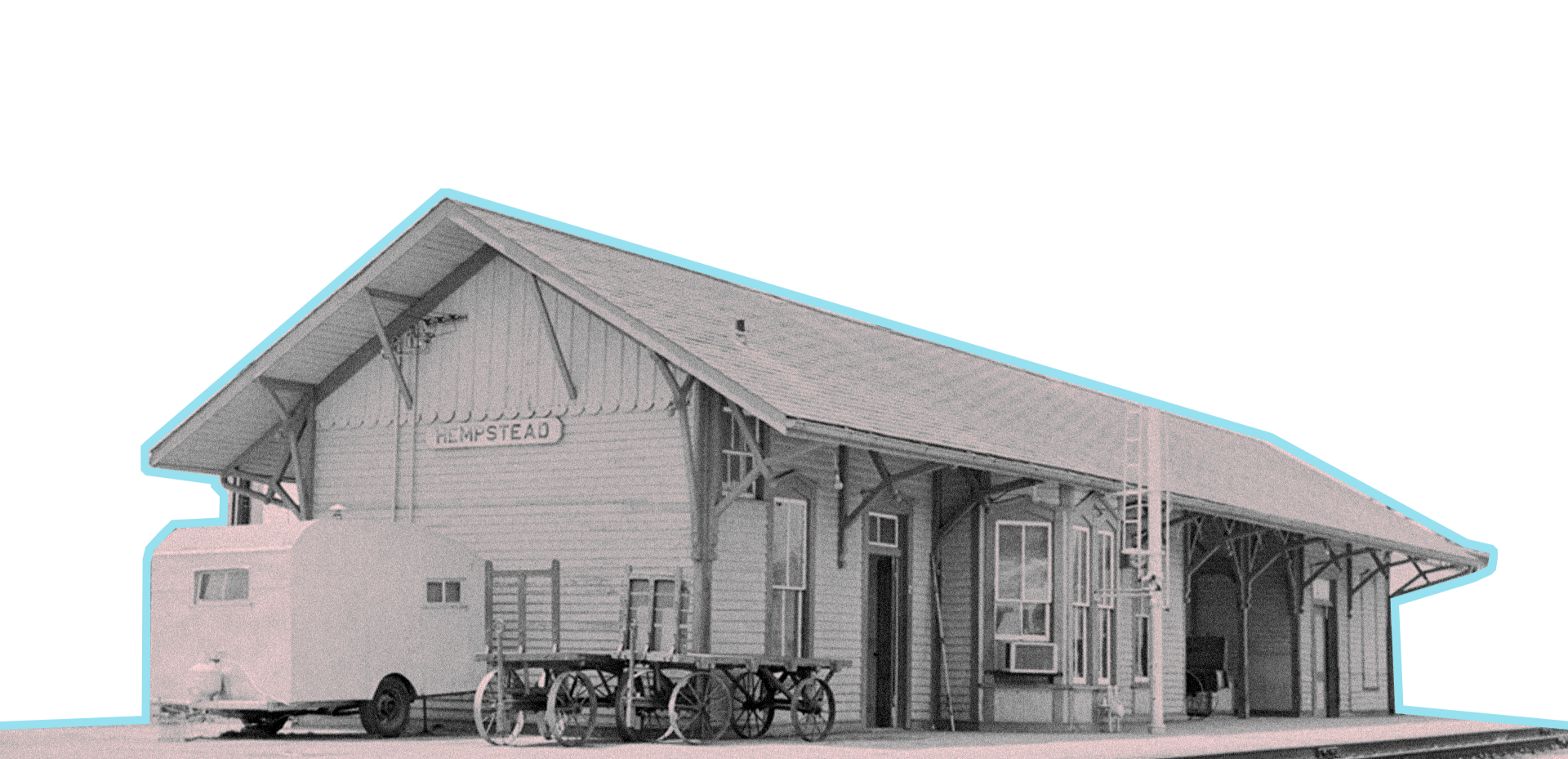
Did You Know?
Hempstead, Texas, was named after Dr. G.S.B. Hempstead, the brother-in-law of Dr. Richard Rodgers Peebles, one of the town’s founders.